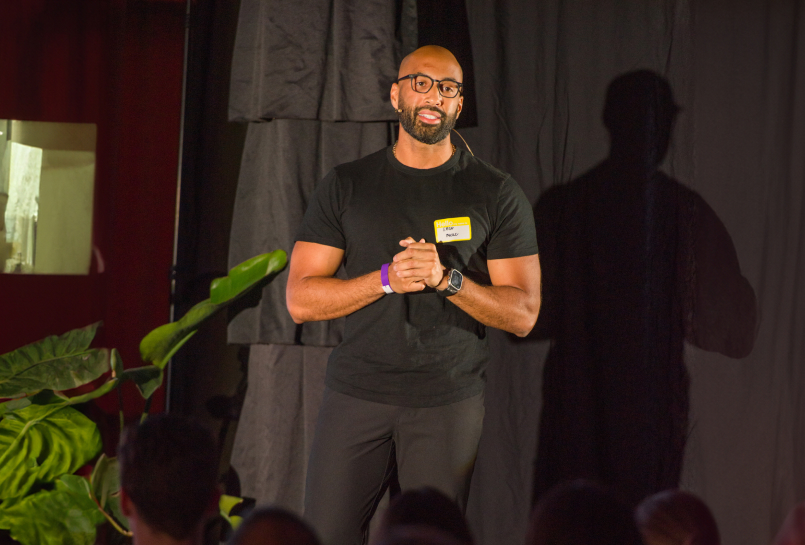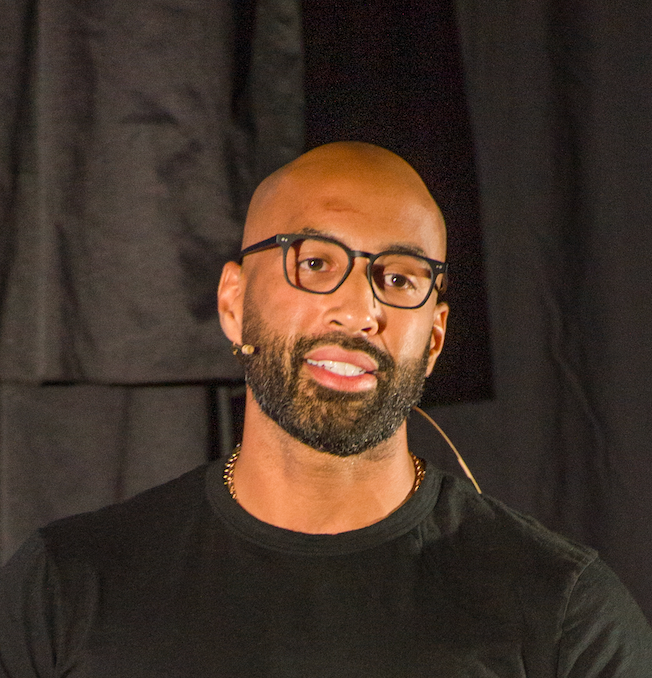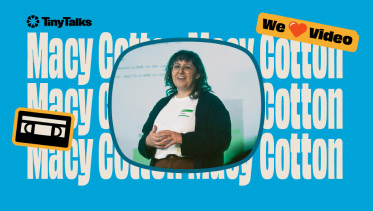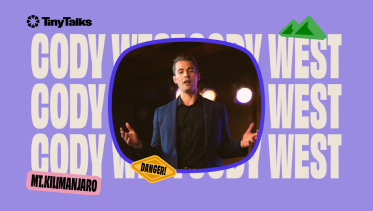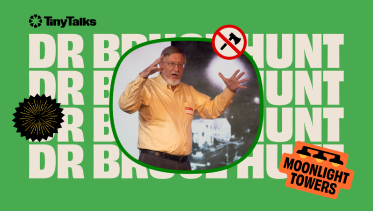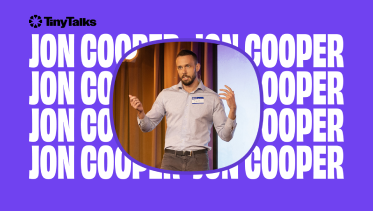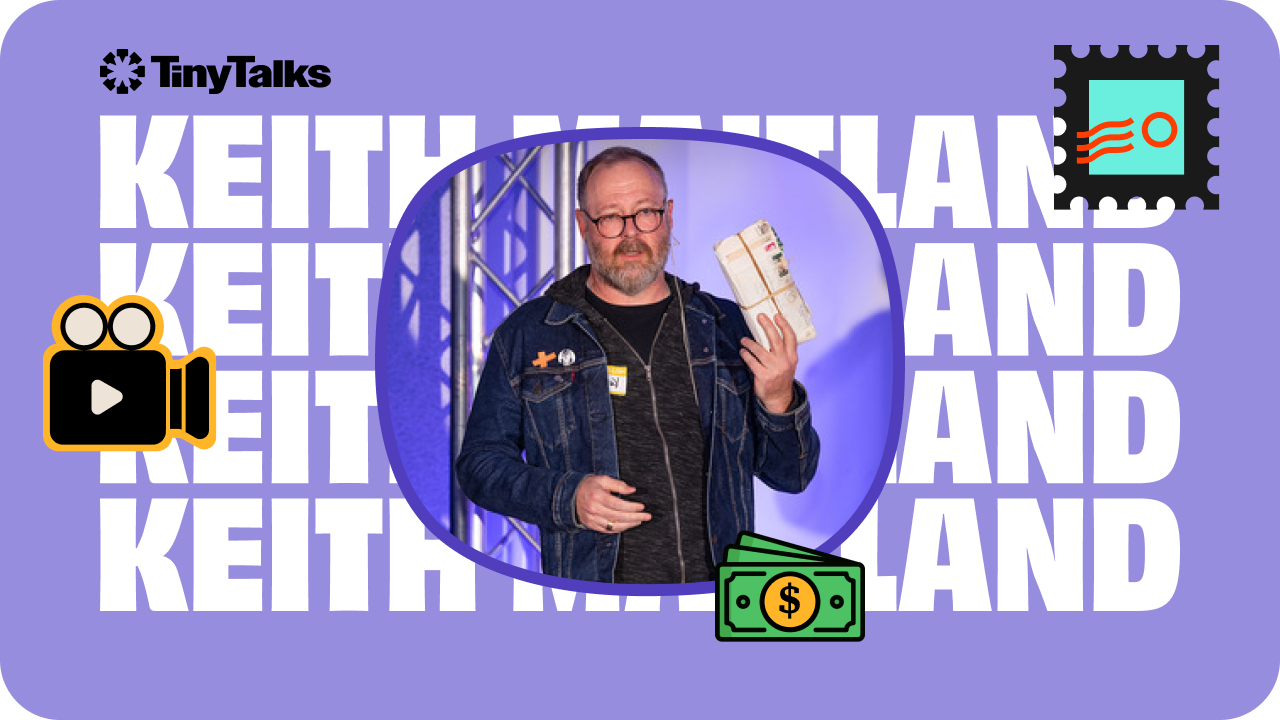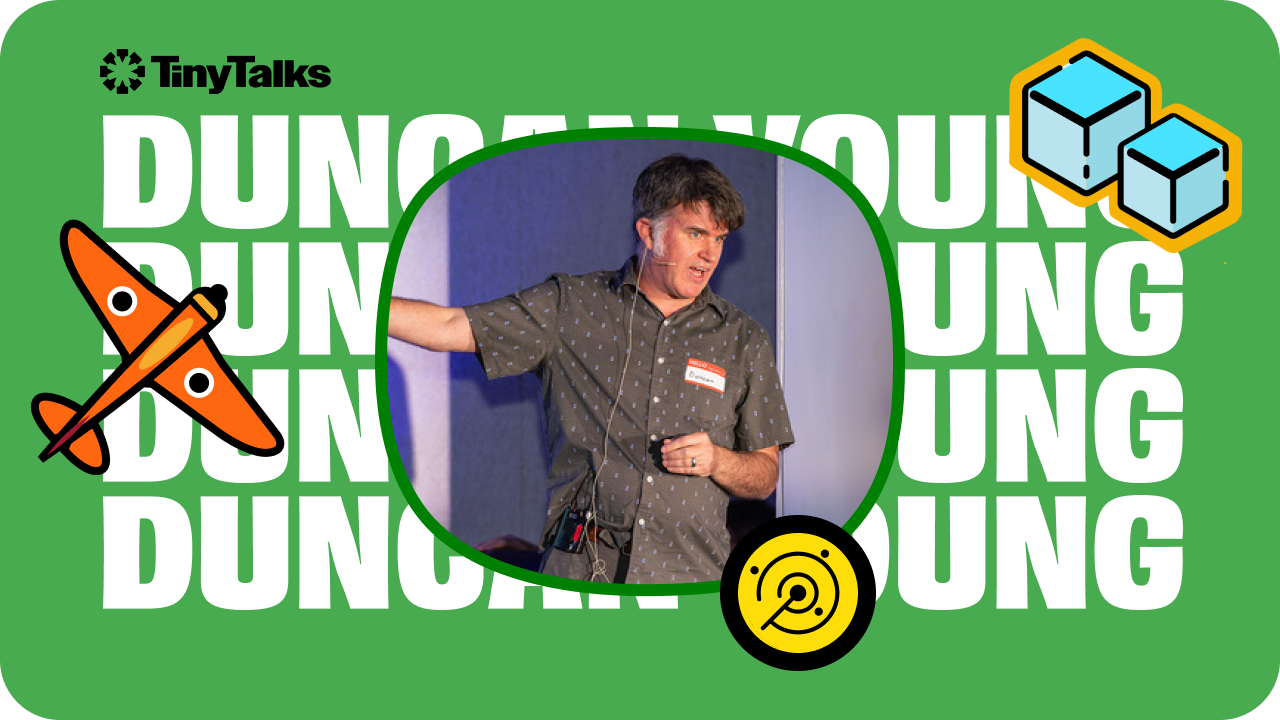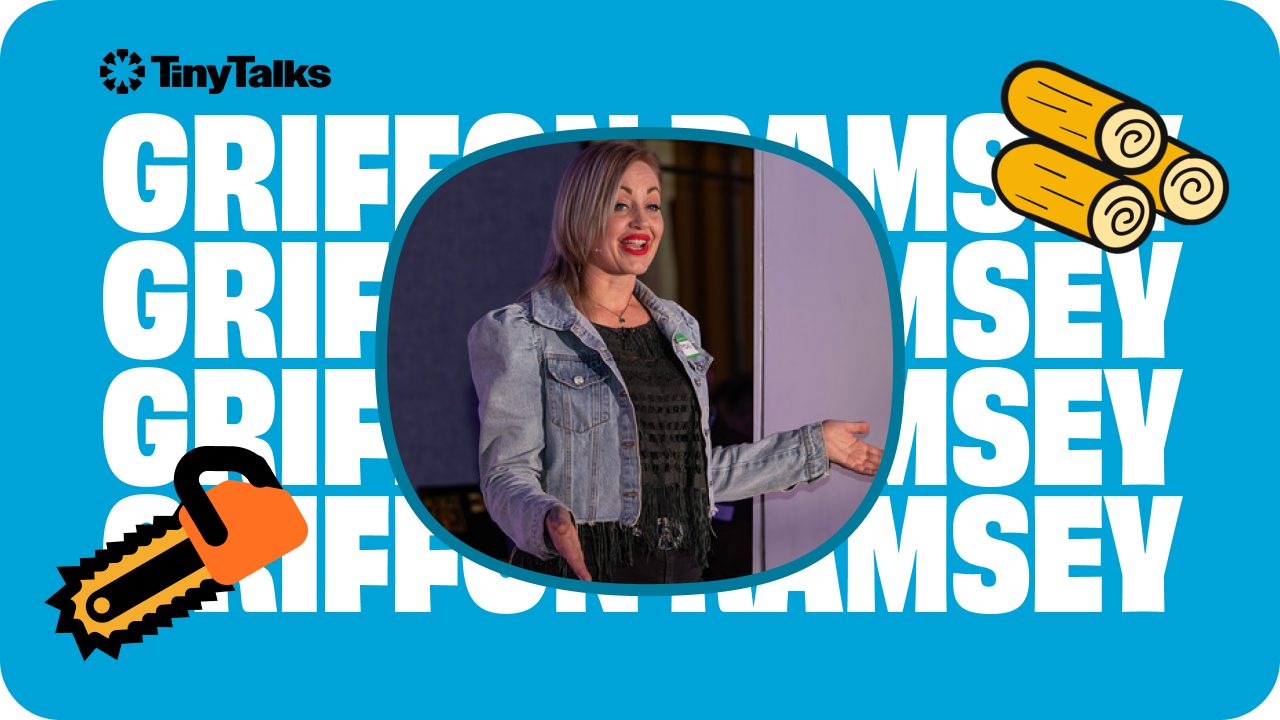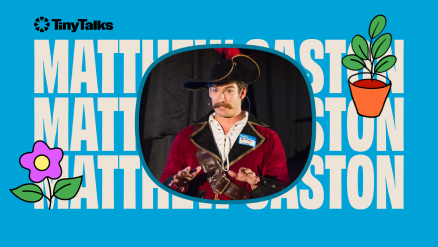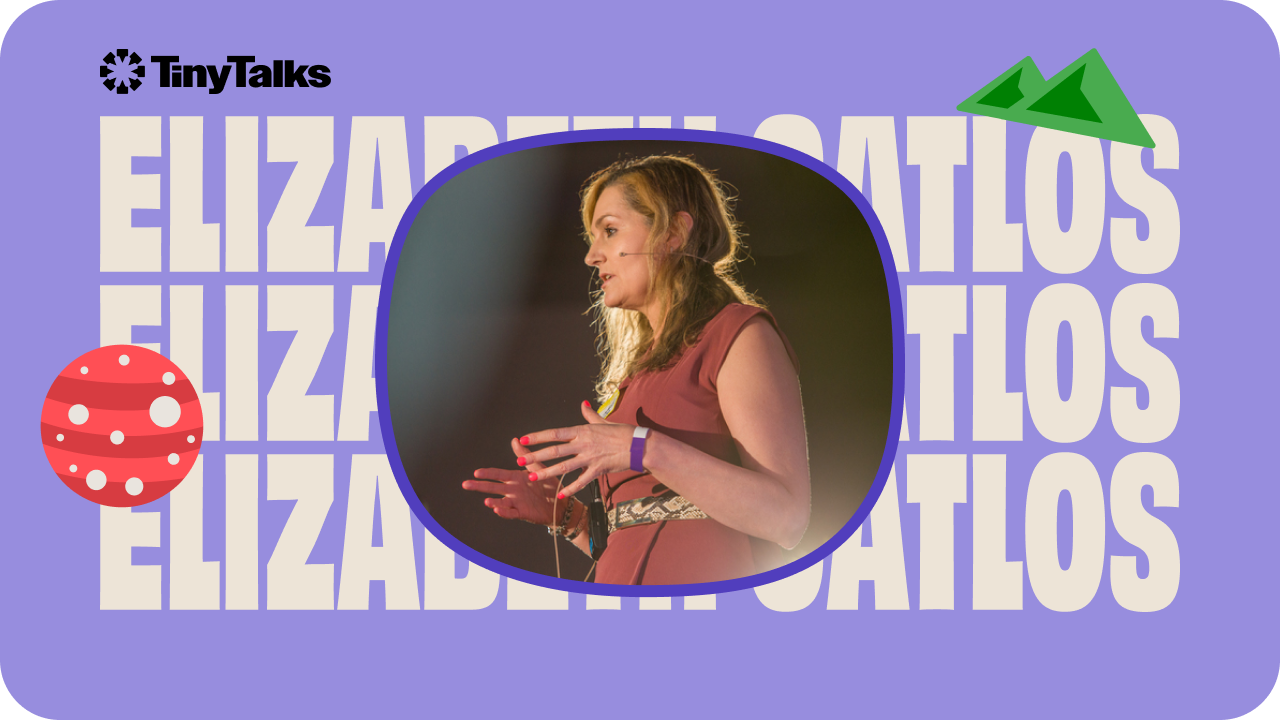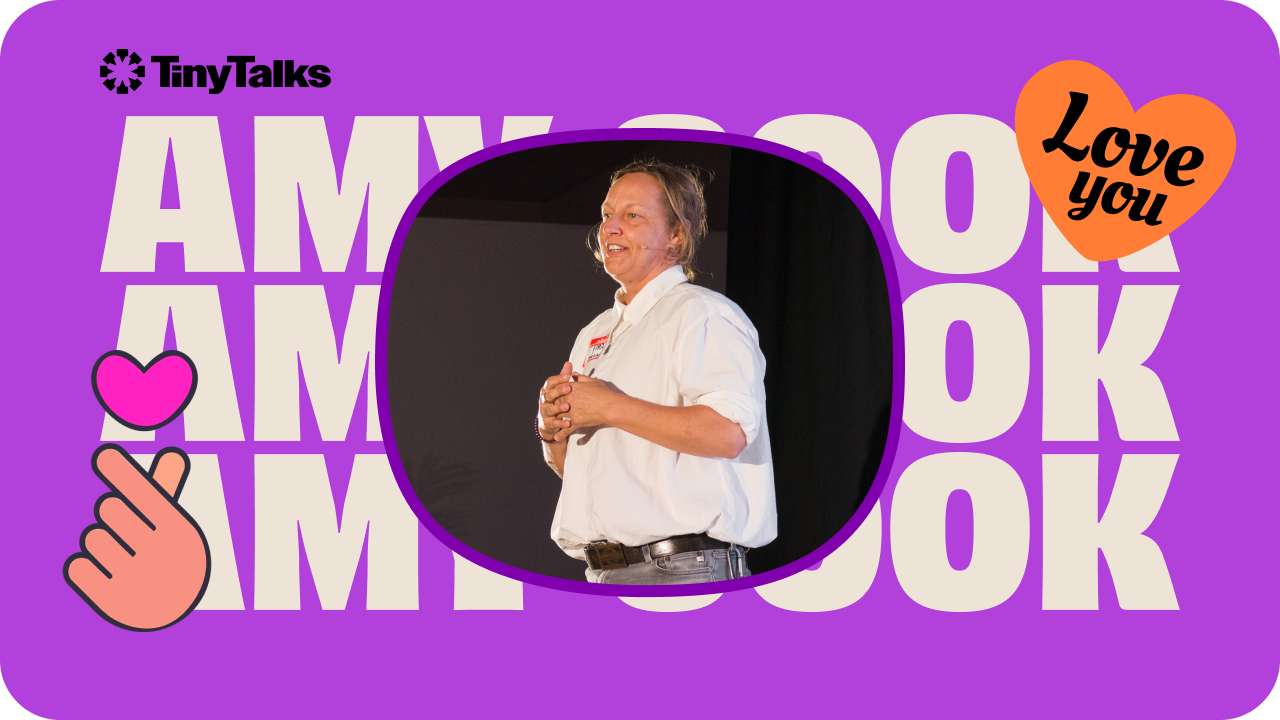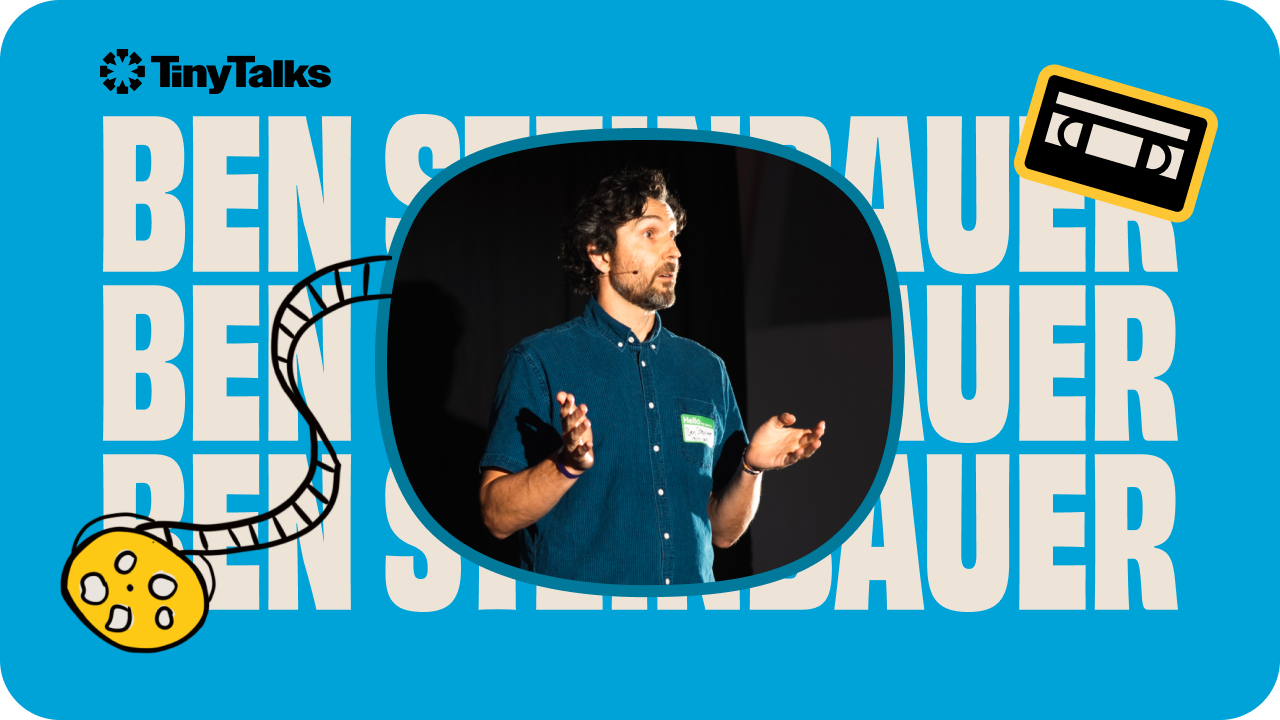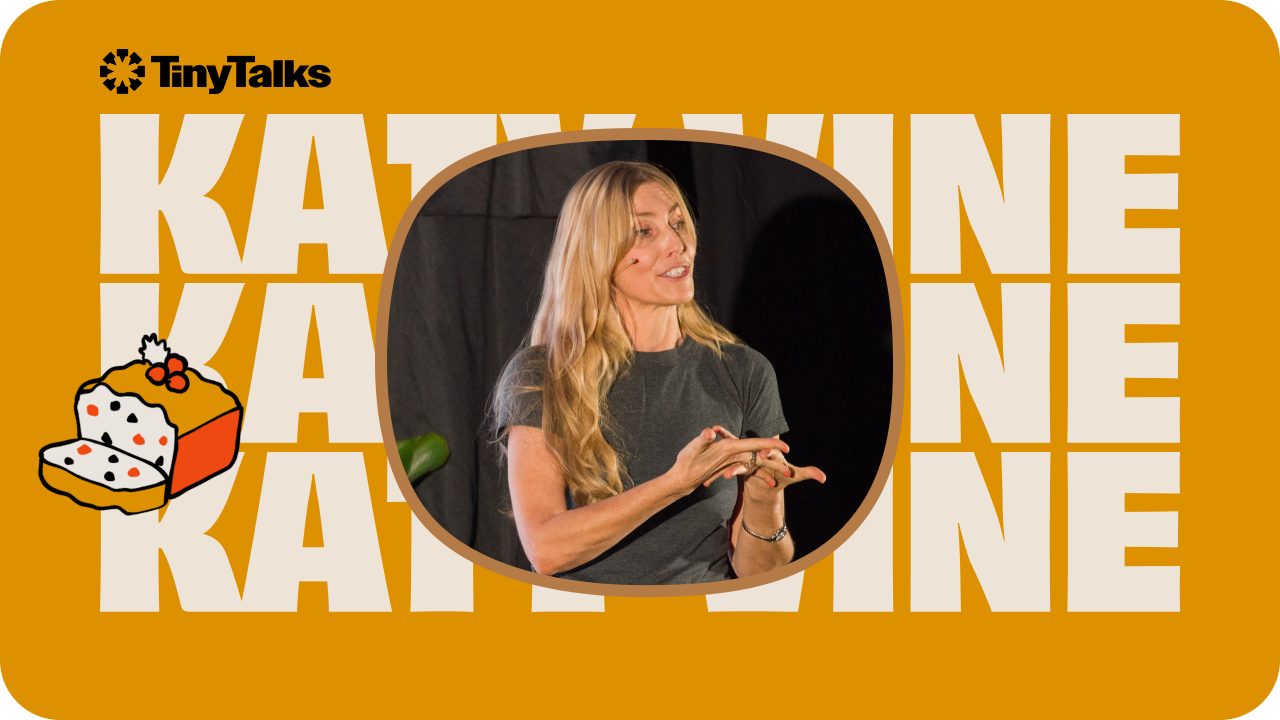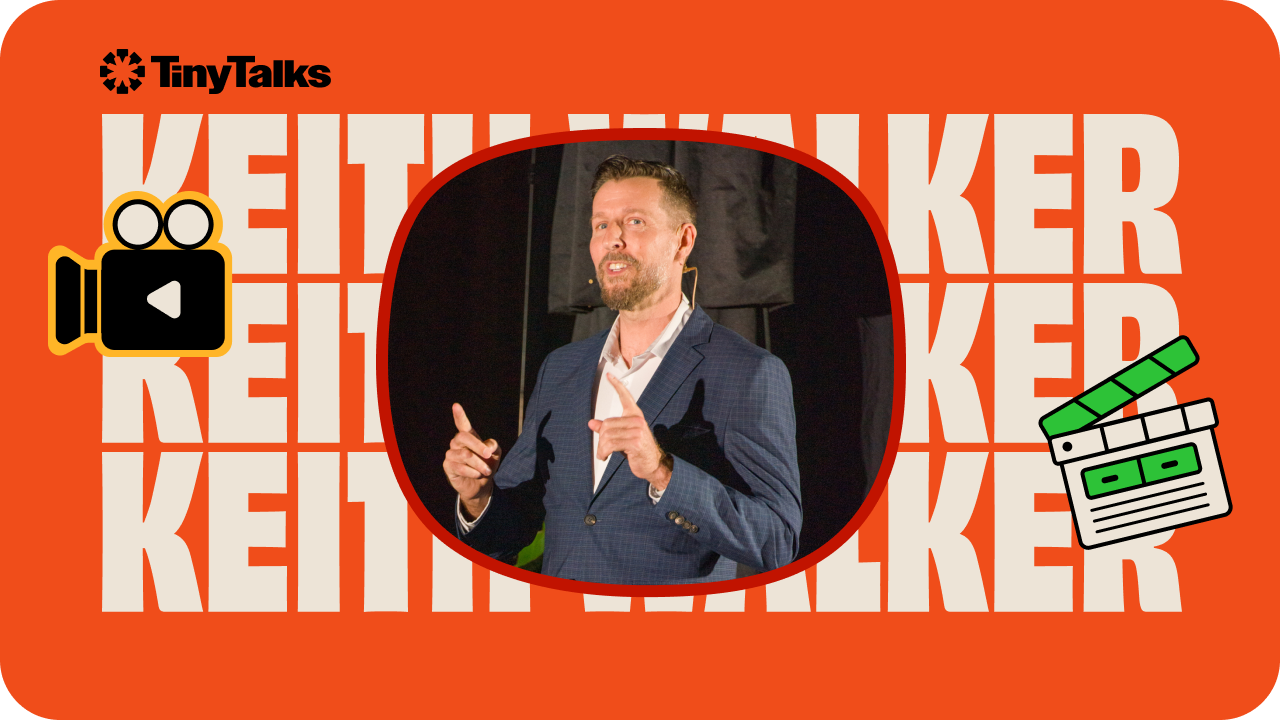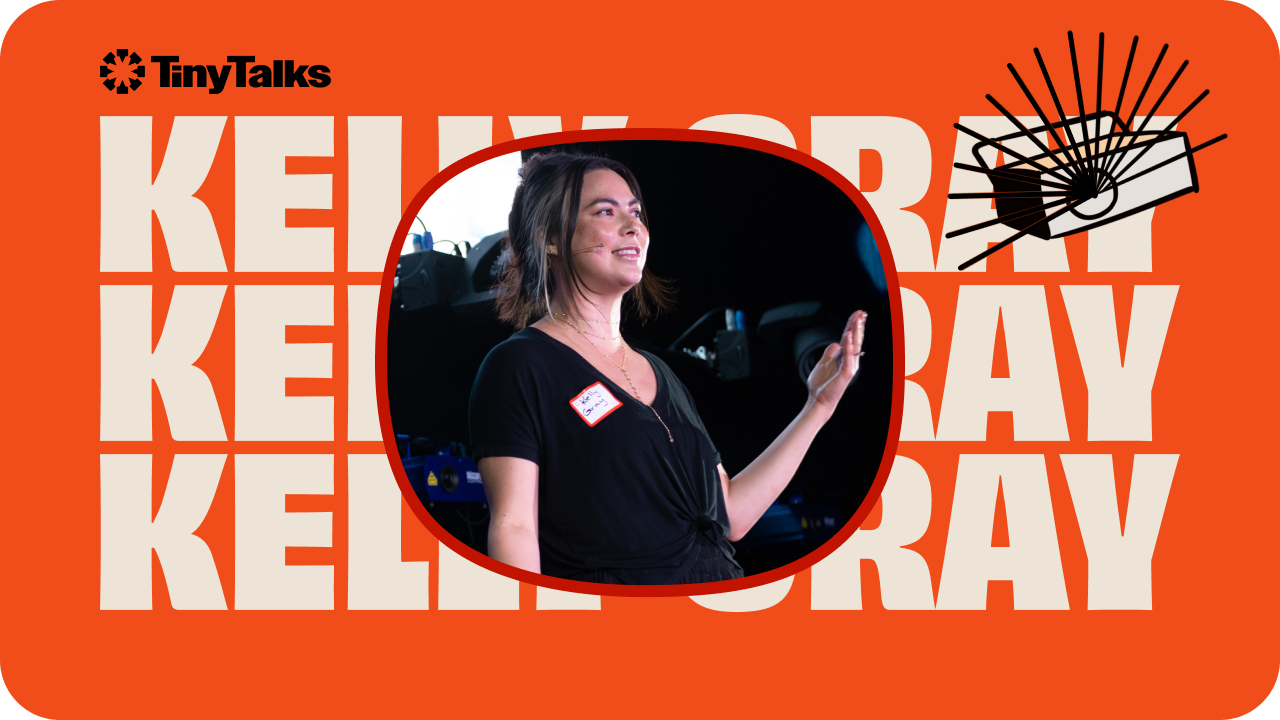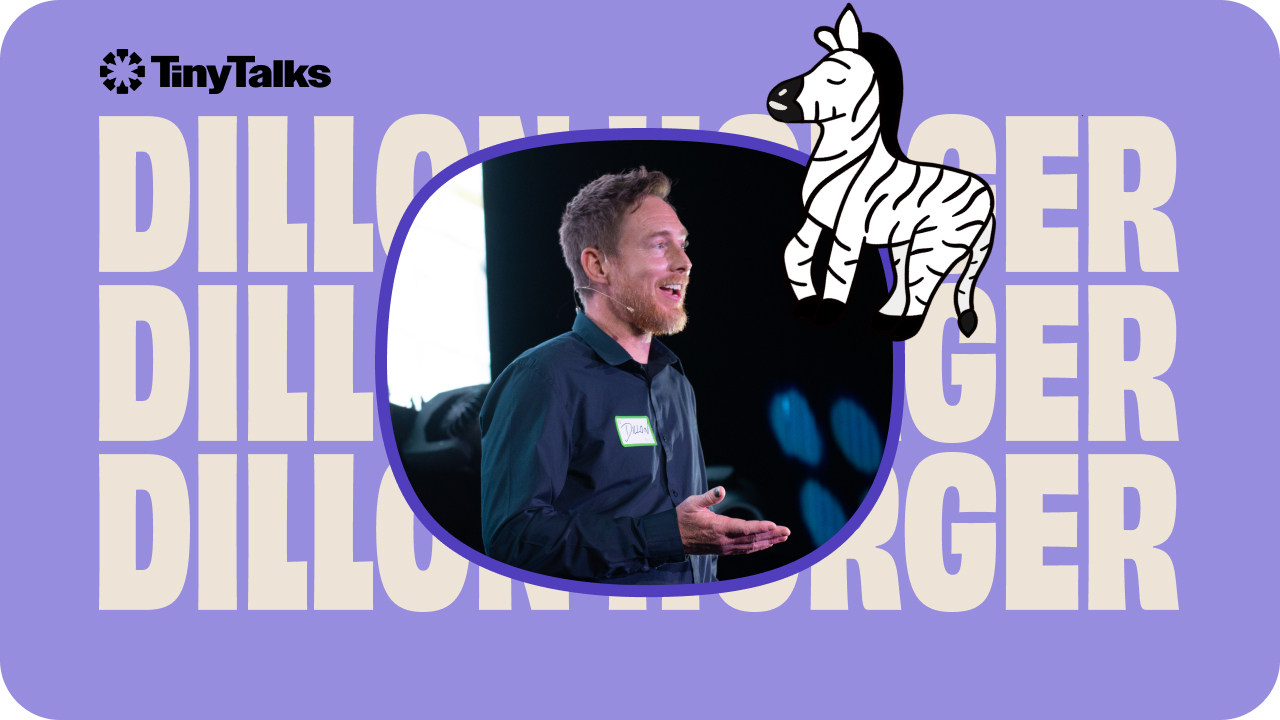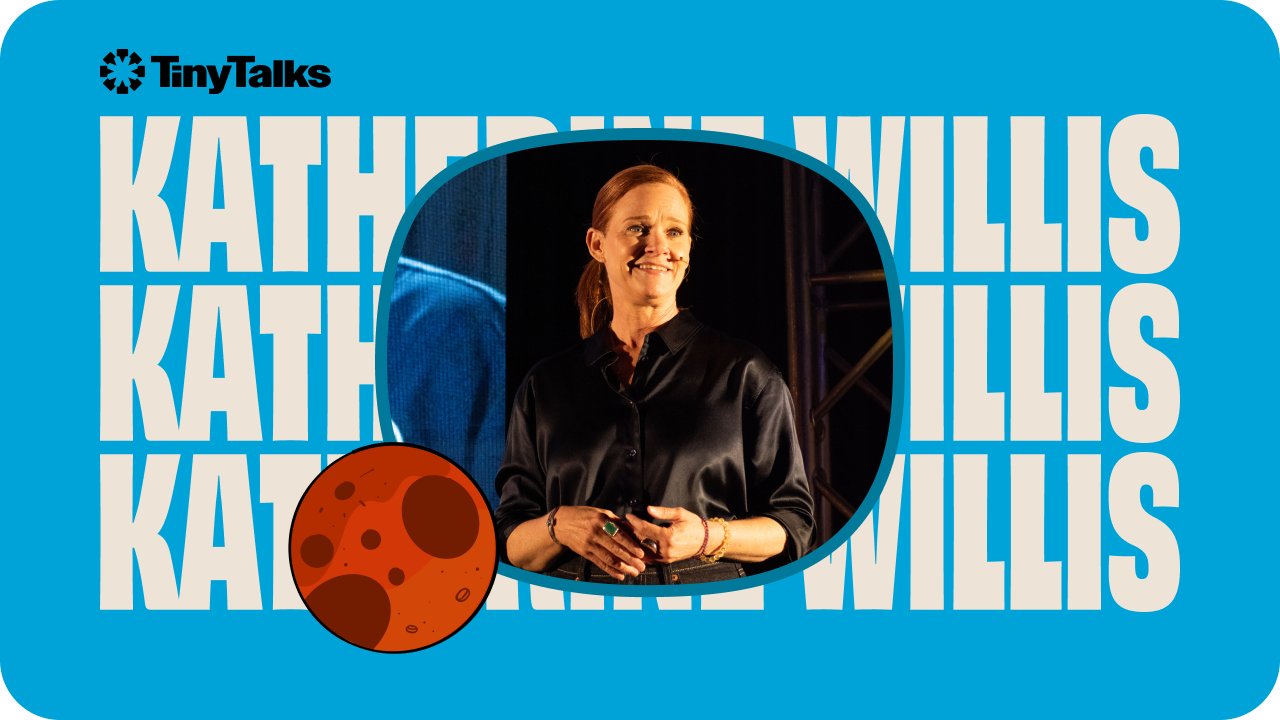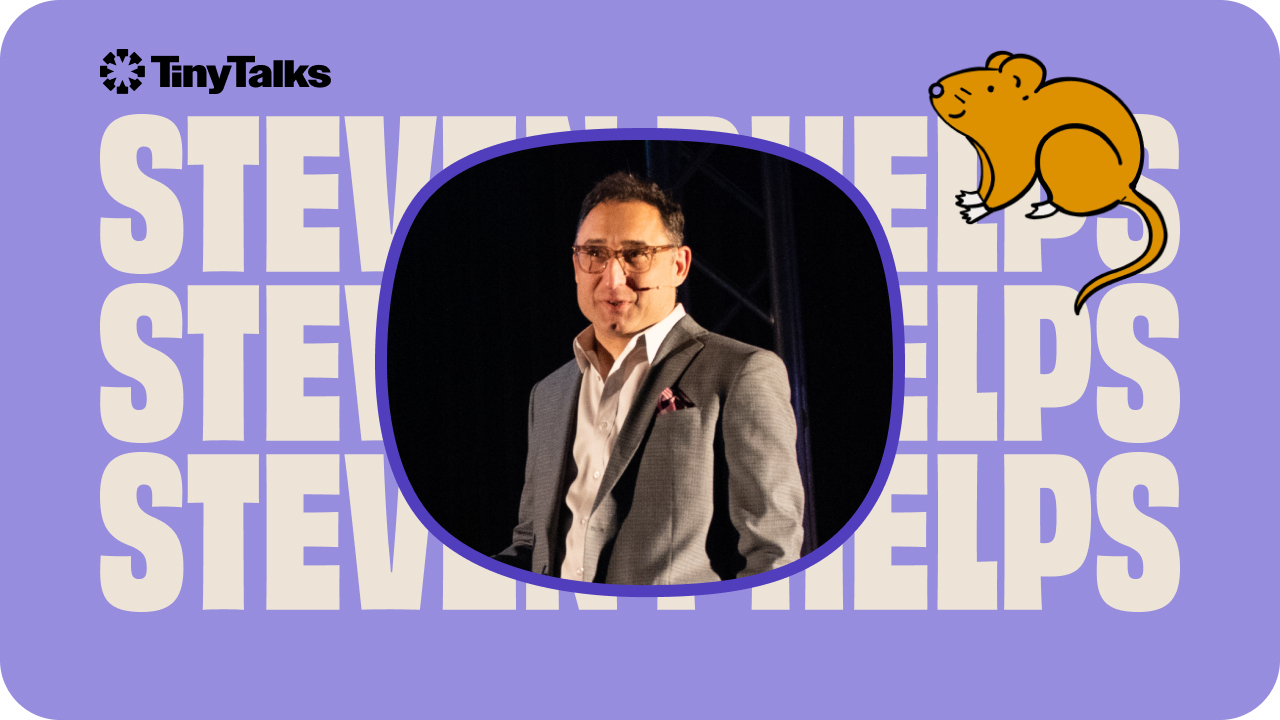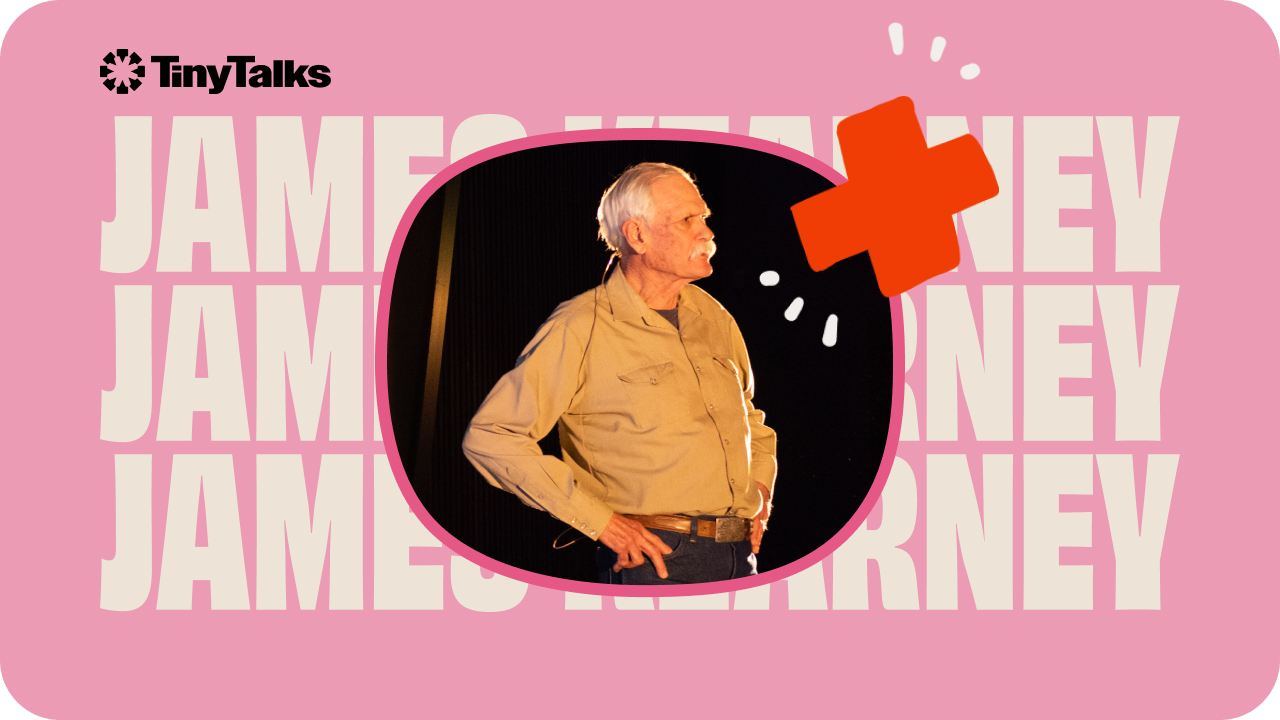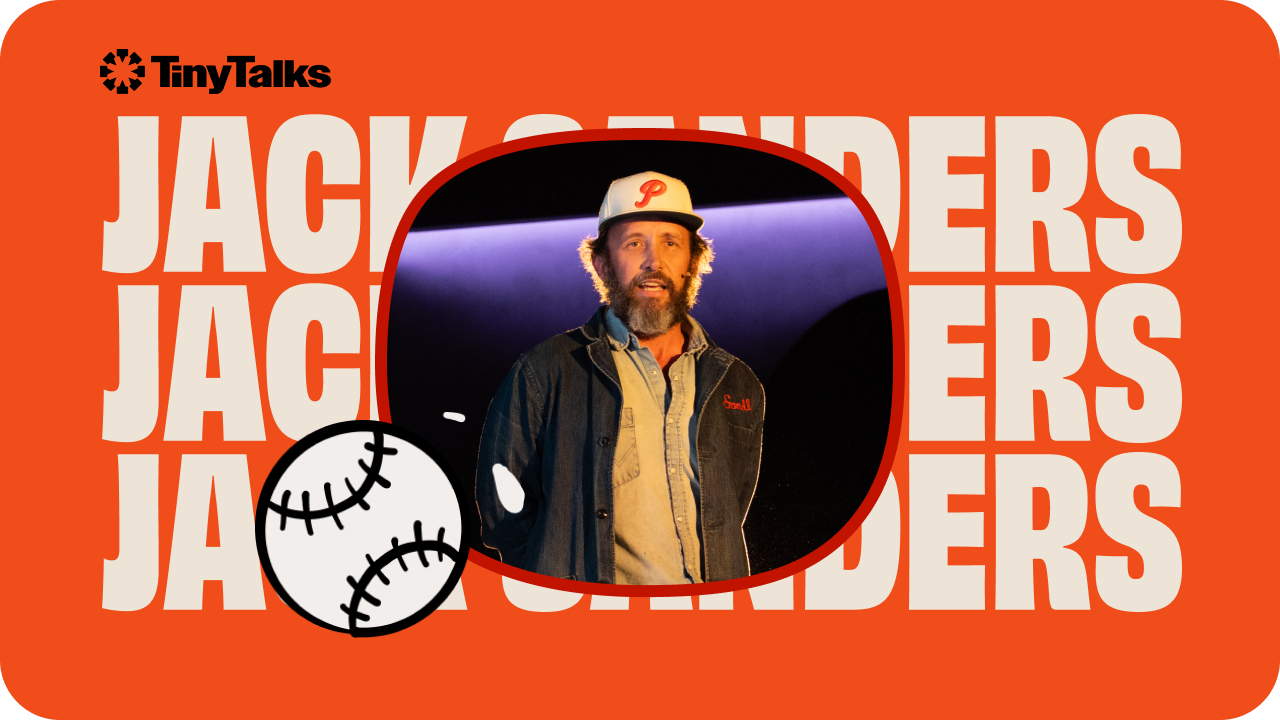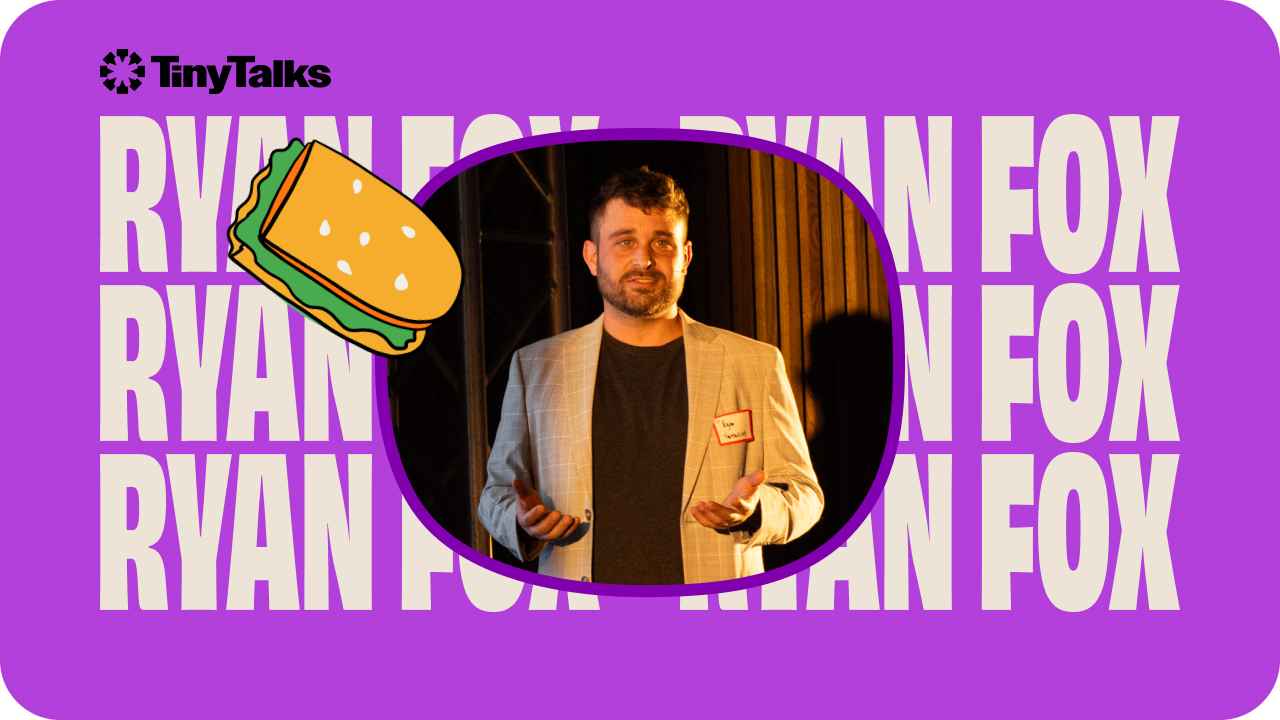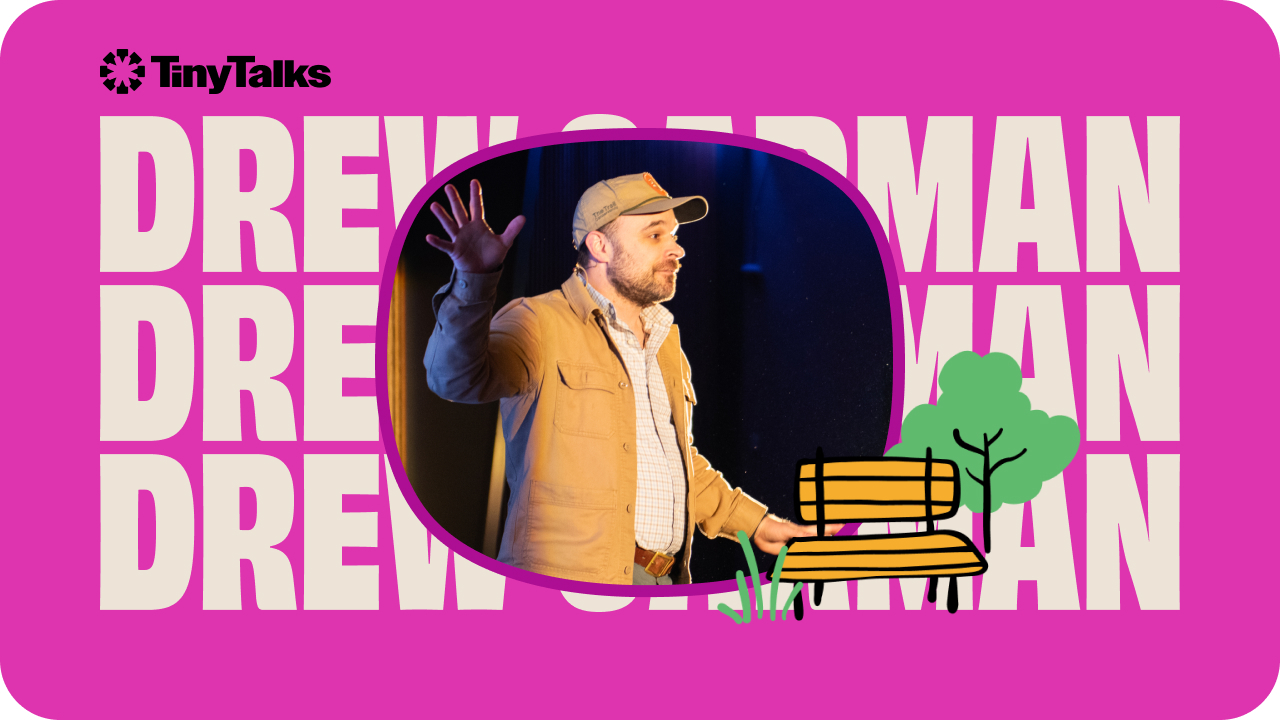What’s Next?
Transcript
What’s next? A question that’s surfaced in my life over and over and over again. What’s next in my professional journey? What’s next in my personal life? It started as a whisper and just grew to this unavoidable scream in my head that eventually led to me being 15,000 feet in the air, sitting in a military intelligence reconnaissance aircraft with a … bound, coming to terms with my death. We’ll come back to that in a second though.
So how’d I get here? Well, while in college, I accidentally joined the Navy while I was preparing to drop out, and somehow earned a full ride scholarship, story for another day. But that four year commitment turned into a 10-year career where I gathered a lot of experiences along the way and made some lifelong friends. From chasing Somali pirates to steering a powerless warship away from crashing into an oil rig, to working at the National Security Agency, I couldn’t have imagined in a million years I would’ve lived this life in such a short amount of time, but it made my world so big. I’m grateful that I did.
So what did I do? Well, I was a navy cryptologist. And if you’ve ever seen the movie The Imitation Games with the legendary Benedict Cumberbatch, he plays a man named Alan Turing, widely considered to be one of the founders of cryptography, who created the Enigma Machine, which successfully deciphered German communications during World War II. This was a pivotal moment that led to the West winning that war. Fast-forward to today, cryptologists are masters of the radio frequency spectrum. Think satellites, cell phones. We understand how information is transmitted across those mediums, how to exploit and manipulate those mediums for matters of national security.
So fast-forward, I’m working at the NSA and I’m leading a threat intelligence analytics shop. I’m doing rewarding work. I’m proud of this work. I’m interested in it. It’s challenging, but I’m just not sure if it’s my purpose. I’m not sure if I’m there on purpose. Something’s just missing. So an opportunity comes across my desk to go and fly intelligence operations overseas, and I’m like, “Well, there’s no better way to find out if I’m about this life than to get into the action.” So on two weeks notice, to the surprise of my family and my friends, I take the role and off I go. So while I’m training for this opportunity and out and flying these missions, there’s something bigger that I’m working towards. I want to go and I want to go kick doors down with the Navy SEALs and be a cryptologist. The lead cryptologist for a SEAL unit. It’s considered to be a highly regarded role in the community, and I get the gig when I’m sitting in my house while I’m preparing for a flight. I open my laptop and receive the email. “Congratulations, you got it.”
Do you ever have a moment in your life where you work so hard for something, you get it and it just doesn’t feel like you thought it would? This was that moment for me. So I’m like, “Eh, I’ve got to go fly. I’m tired. I’ll shut my laptop. I’ll say yes when I get back. No biggie.” So intelligence operations, this game of cat and mouse, you’re putting a puzzle together slowly over time. There’s a certain sequence of events that takes place, and you’re thinking through with that target and with the area that you’re operating in, what are they doing? Why are they doing it? How are they doing it, and what does it mean? What is their goal? And on the other side, they’re playing defense, right? They’re thinking, who’s looking at me? Why are they looking at me? How are they looking at me? And what do they intend to do with the information that they get?
So in this routine mission, we’re trained to understand what worst case scenario looks like. In this instance, it’s being identified. On this day it’s a slow build, and that build begins to take place. The target looks up at the sky, they look in our general airspace, no biggie. We’ve seen that a million times before. Target continues staring up. They’re looking at the flight paths and who’s flying across the specific area? Okay, it’s a little bit more interesting. The target pans a target acquisition radar and begins to look specifically at our aircraft. Okay. The target begins to talk about our aircraft, looks at the flight plan and recognizes we’re not who we say we are. Oh, no.
So all the while I work with someone on the ground and it’s helping me to corroborate what I’m seeing. And this person communicates the words that we never want to hear, “Harrick, you’ve been identified and they’ve received permission to fire.” So in this moment, our job is to stay the course. We are responsible to fly, and we are unarmed. We’re not there to shoot missiles or anything crazy like that, as much as bad as that sounds. We’re there to stay the course. So I recognize there’s nothing that we can do other than be with the crew.
We take a moment, we do what you think we would. Look at each other, we hug each other, and then everyone kind of oddly dissipates back and sits in their seat and takes a moment for themselves. And for me, here comes the question again, what’s next? Except now it’s taken on a deeper meaning than I could have ever thought. What’s next for me in the afterlife? What’s death going to be like? Was I a good person? What happens next? Just something that just set me in this cycle, in this spin, and pinging in just this fog. Then I hear this scream, and then it’s not me screaming at myself. It’s that scream of my friendly ground control man that shakes me out of this daze. I touch myself. And I’m like, “Okay, I think I’m still alive. Holy crap.” Shake everyone else who’s having a similar daze in that moment, like we all likely would. We quickly get back to work, execute our evacuation route, and head back to land.
Talk about a quiet and silent flight. It’s not like you would think, a moment of celebration where you’re happy. You’re just kind of thinking. So I had a lot of time to think on this flight back. I get back to my house, this beautiful metal box. I open up that laptop and I say, “Thank you, but no thank you. I’m actually going to leave the service,” to the surprise of many. But that question of what’s next continued, and it led me to some interesting places. I ended up going extremely in the other direction and moving to Lake Tahoe on a whim, having never visited, to take work that I was completely unqualified to do.
I started mixing music and leaning into what I cared about and my passions and just catching a vibe. Because I love to catch a vibe. Who doesn’t? And I reached out to my favorite musician of all time and asked him to mentor me until this day. He said yes, and he mentors me and we talk every single Saturday. Shout out to Ryan Leslie. And now I work at one of the world’s premier AI companies on large language models. Work again that I was completely unqualified to do. Don’t tell them that. But it’s worked out, and I would’ve never guessed that in a million years. And I recognized something really important. It wasn’t about what’s next. That question led me to some really interesting places. It led me to join the service. It led me nearly to the end of my life. It led me to all these cool experiences after the fact.
But really what I learned is what’s now is all we have. What’s happening right now: the preciousness of life, how healthy we are, the opportunity to just be here together, is really the magic. We’re fortunate if we even have a second to imagine what could be next. But all we have is what’s now. Thank you.



